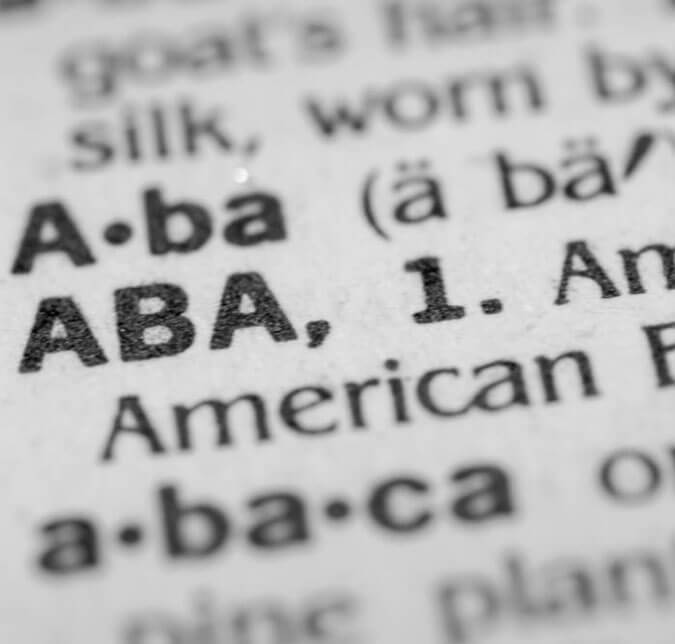Summary: A Pace Law School graduate was allowed to discharge her bar study loan with her Chapter 7 bankruptcy filings despite it being an educational related loan.
A federal judge has opened up a whole new window when it comes to bankruptcy and student loans. Traditional student loans are not included in bankruptcy protections but Judge Carla Craig of the U.S. Bankruptcy Court for the Eastern District of New York ruled that bar study loans are different.
Lesley Campbell, a 2009 Pace graduate, was fighting to eliminate her $11,000 bar study loan from Citibank in her bankruptcy filings. The loan provider argued that the loan was an educational loan so it was not allowed to be discharged due to financial hardship like other loans can be.
Read Bankruptcy Cases Could Increase with Student Loan Debt.
Campbell was represented by William A. Brewer III from Brewer, Attorneys & Counselors pro bono. He stated, “This opinion confirms what we have believed all along – that these types of loans are dischargeable. We believe this is a seismic development. It flips the script for thousands of people who our client believes have fallen victim to predatory loan practices and been told they cannot discharge these loans.”
Shortly after graduating from law school, Campbell took on the $16,000 loan to study for the bar exam, pay for a Barbri course, and pay for living expenses while she studied. She did not pass the bar exam. She mad payments on the loan until 2012 and then filed for bankruptcy in 2014.
See Why a Would-Be Lawyer Is Stuck With a $260K Student-Loan Debt to learn more.
Previous courts have generally sided with the loan providers, ruling that bar study loans fall under the category of an “educational benefit.” Craig disagreed with the other courts findings stating that those courts just assumed that the Bankruptcy Code “encompassed any loan which relates in some way to education.” She focused on the part of the code that includes that the discharge of loans applies to federal and federally backed lenders. Craig also dismissed the lenders argument that in order to qualify for a bar study loan, the borrower had to be a law student, stating, “This argument could be advanced by the myriad private lenders who provide funds to borrowers who are taking educational or training courses.”
Citibank, the loan provider, was represented by Casey Howard and Samantha Ingram of Locke Lord.
Source: http://www.nationallawjournal.com/home/id=1202753454990
Photo: gadebtrelief.org











































